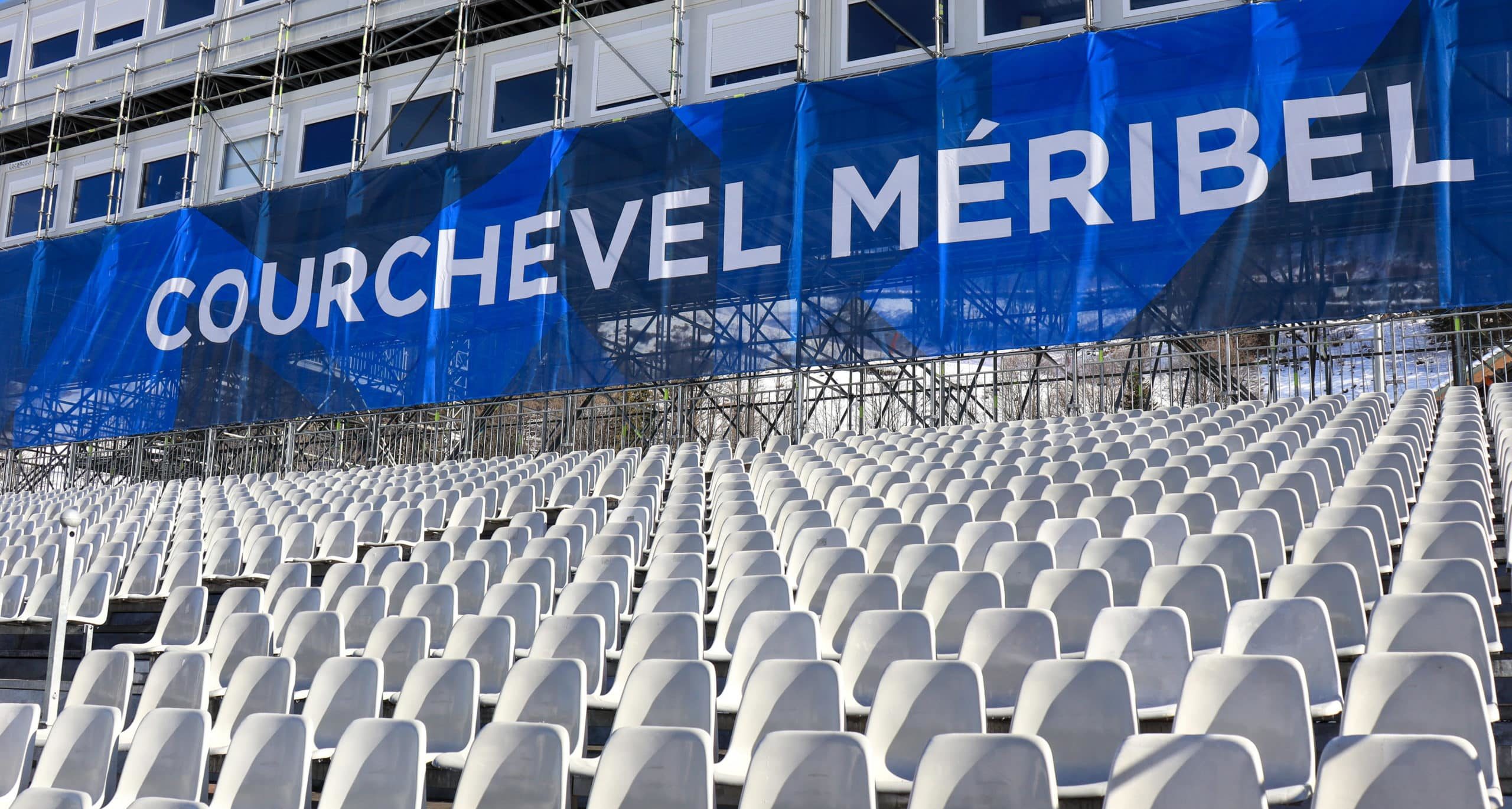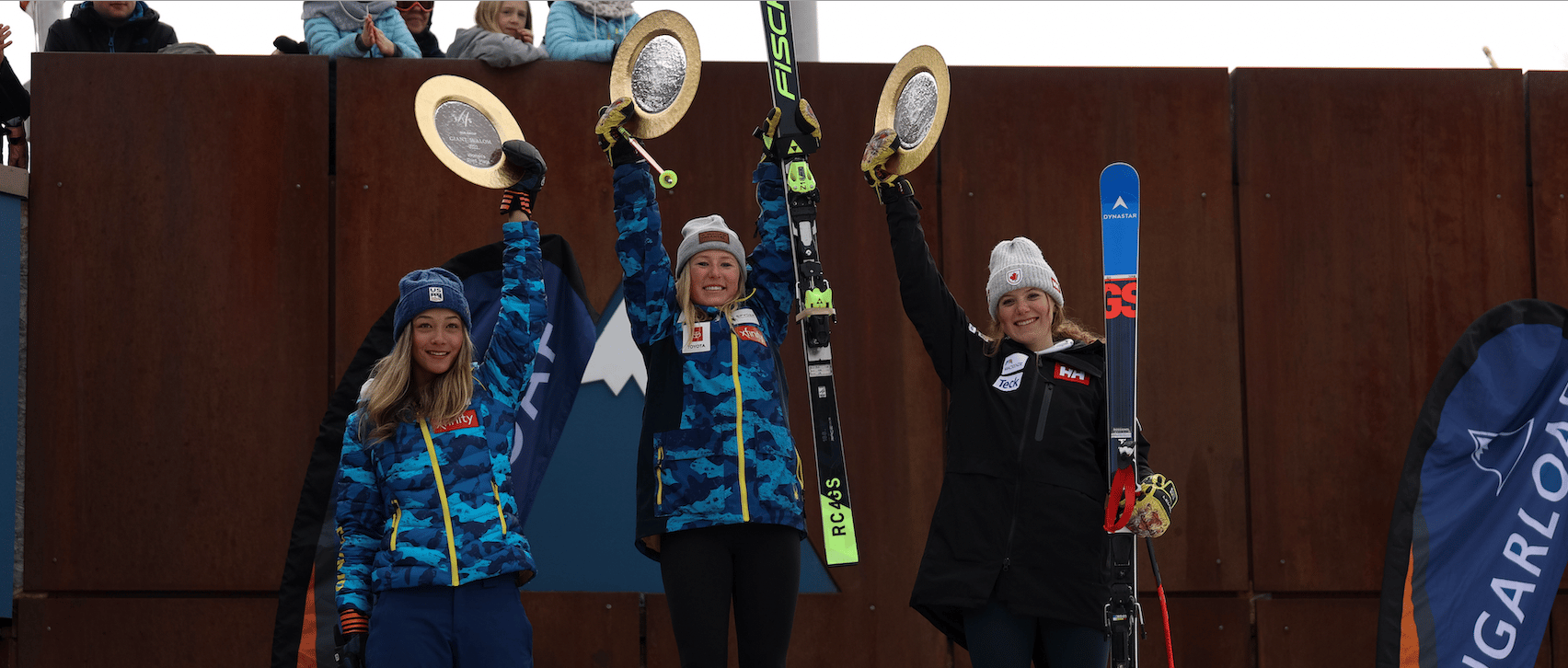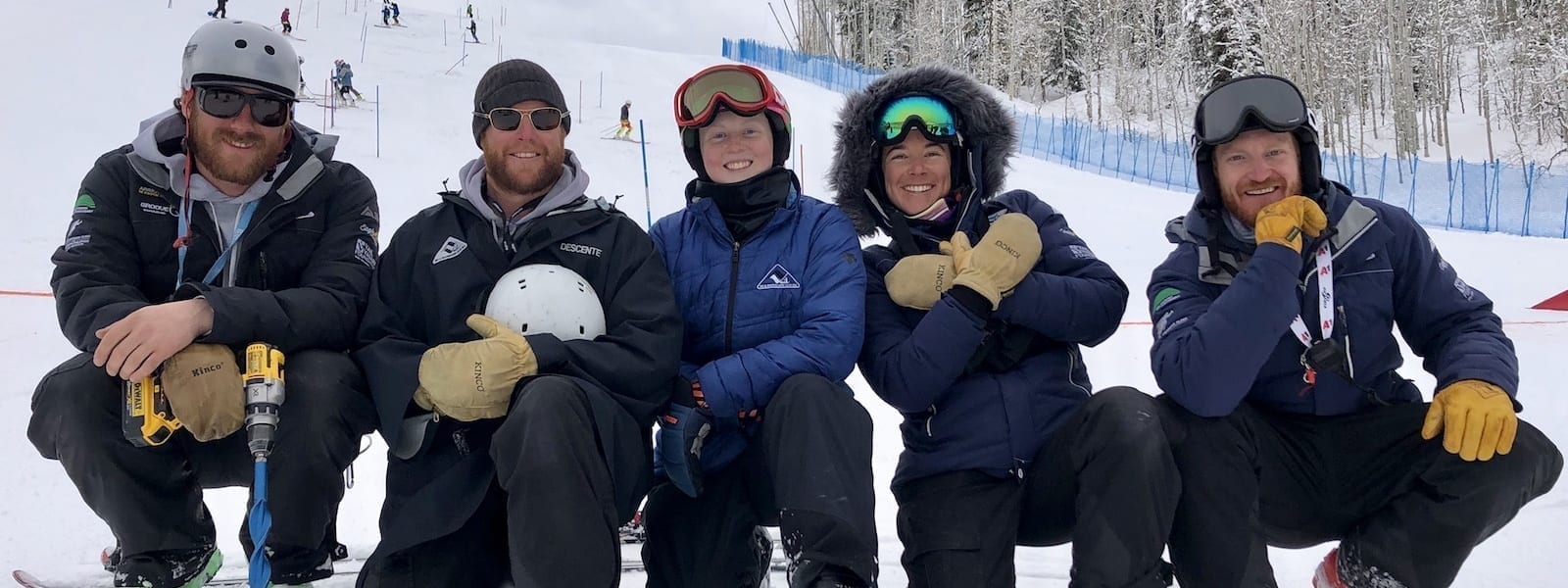Inside the Ski Racing Mind: Developing Emotional Challenge in Children
 Every recommendation that I have made in my articles on skiracing.com is directed toward helping your young racers develop a positive emotional response to their ski racing experiences. The ability of your children to have a positive emotional reaction begins with a firm grounding in their feeling loved, secure, and competent. A positive emotional reaction also comes from ownership of their ski racing, so that they are driven to succeed by their own passion, motivation, and determination. Finally, your children will develop a positive emotional response when they have internalized the emotional tools they need to react constructively to the inevitable obstacles and setbacks that they will experience as they pursue their ski racing and other goals.
Every recommendation that I have made in my articles on skiracing.com is directed toward helping your young racers develop a positive emotional response to their ski racing experiences. The ability of your children to have a positive emotional reaction begins with a firm grounding in their feeling loved, secure, and competent. A positive emotional reaction also comes from ownership of their ski racing, so that they are driven to succeed by their own passion, motivation, and determination. Finally, your children will develop a positive emotional response when they have internalized the emotional tools they need to react constructively to the inevitable obstacles and setbacks that they will experience as they pursue their ski racing and other goals.
Value of Success and Failure
There are many misconceptions about both success and failure that can interfere with your children’s efforts to become successful. One of the most damaging is the idea that successes never fail and failures always fail. Yet the reality is that “successes” fail much more often than “failures.” People who are failures fail a few times and quit. But successes fail many times, learn from the failures, and begin to succeed because of what they learned. In time, the many failures and the lessons learned allow successes to succeed regularly. Learning to fail and learning from failure are essential contributors to success and a perspective that will foster achievement.
Failure provides benefits such as information about your children’s progress. Failure is the best means for your children to clearly and unambiguously see the areas they need to improve. Failure also indicates to your children what not to do in their efforts, which narrows down the possibilities of what they need to do to be successful. Failure also teaches the essential lessons of perseverance and the ability to overcome adversity. Most fundamentally, as Dr. Wayne Dyer suggests, “Take the fear out of failure, and help children to understand the difference between failing at a task and being a failure as a person.”
Experiencing failure alone, though, will not help your children achieve success. Too much failure and your children will become discouraged, lose confidence and motivation, and come to view achievement as an unpleasant experience to be avoided. Your children also need to experience success because, if combined with a healthy perspective, success can provide invaluable lessons for your children’s pursuit of achievement in ski racing and beyond.
Success builds confidence and trust in your children, which helps them to overcome adversity, obstacles, and setbacks on the road of achievement. It validates the dedication, hard work, patience, and perseverance that your children devote to their ski racing. Success acts to motivate them to further achievement. Success also generates positive emotions, such as excitement, joy, pride, and happiness, that further reinforce their confidence, motivation, and passion for our sport.
With this perspective, success is not such an intoxicant that it inhibits further growth, and failure is not a such monumental loss that it diminishes the desire to pursue success. Rather they are both inevitable and necessary parts of the process leading toward success and fulfillment in their ski racing.
Risk Taking
As we all know, ski racing requires that racers take risks to ski their fastest and achieve their competitive goals. And taking risks is an essential part of your children’s developing a positive emotional response to their ski racing. Only if your children are unthreatened by failure will they be willing to take risks because, by their very nature, risks increase the likelihood of failure. If your children see achievement as a challenge to pursue, they will understand that risks also provide the opportunity to achieve even greater success. Risk taking will enable your children to move out of their comfort zone, test their capabilities, gain confidence in themselves, and achieve new levels of success. When you look at great successes in ski racing—Bode Miller and Lindsey Vonn, for example—you also see great risk takers. These racers knew that only by taking risks were great rewards possible.
As the best-selling author Leo Buscaglia, observed, “To try is to risk failure. But risks need to be taken, because the greatest hazard in life is to risk nothing. The person who risks nothing, does nothing, has nothing and is nothing. They may avoid suffering and sorrow, but they cannot learn, feel change, grow, love and live. Only a person who risks is free.”
Perspective on Mistakes
How your children come to understand the meaning of mistakes will have a dramatic effect on their ability to improve and achieve. As the poet Nikki Giovanni states, “Mistakes are a fact of life. It is the response to the mistakes that counts.” Unfortunately, many parents often communicate a very different message. What happens if you convey to your children that mistakes are bad and reflect poorly on them? You will be placing your children in the vise of being expected to pursue success—which inevitably involves making mistakes—but knowing that they will be criticized for their mistakes. Your children may then become fearful of making even the smallest mistakes and eventually come to believe that if they makes a mistake, they will be viewed with disappointment. Says Dr. John Gray: “To expect children not to make mistakes gives them a cruel and inaccurate message about life. It sets a standard that can never be lived up to.”
Many parents and their young ski racers hold a negative perception about mistakes in spite of being able to see the world’s greatest racers make mistakes routinely. Because they do, it would seem not only expected but also acceptable that your young racers would too. You need to communicate to your children that mistakes are a natural and necessary part of ski racing (and life). Your children must accept and learn from their mistakes. Mistakes are guides to what your children needs to work on to improve. Without them, betterment will be a random and undirected process. Mistakes can tell your children that they are taking risks and moving out of their comfort zone. If your children never make mistakes, they are probably not pushing themselves hard enough, they will not improve, and they will never become truly successful.
Respond Positively to Adversity
The road to ski-racing success is a bumpy one. It’s filled with many barriers, setbacks, and struggles. Some of this adversity is external to your children—demanding race conditions, tough competition, and bad weather. Internal obstacles exist too, including loss of motivation, decline in confidence, distractions, negative emotions, impatience, and the desire to give up. How your children respond to these demands will dictate the success that they ultimately attain. “How can we grow without struggle and doubt and a misstep or two? If we spare our children that—or try to—we’ll not be successful anyway; we’ll end up prodding them toward other kinds of troubles, the kind we may not have anticipated,” writes Robert Coles.
How your children learn to respond to adversity depends largely on how you respond to adversity, and the perspective you teach them about the inevitable setbacks they will experience in their ski racing. You should be keenly aware of your reactions to setbacks, whether in a relatively unimportant situation, such as having difficulty balancing your checkbook, or
in a critical situation, such as losing out on a job promotion. If you show frustration, anger, or despair when you face obstacles, you will be modeling this behavior for your children. If you remain calm, positive, and motivated, they will learn this reaction from you.
Dr. Peter Goldenthal suggests the following ways to help your children respond positively to adversity:
- Put the situation in perspective. Show your children that a setback is not the end of the world.
- Don’t rush to the rescue. Let your children try to solve the problem themselves.
- Play up the positive. Point out to your children all the good things that happened besides the obstacle.
- Suggest step-by-step success. Help your children set goals using the setback as useful information.
- Admit your own mistakes. Share with your children difficulties that you had when you were young and how you overcame them.
Note: This article was excerpted from my first parenting book, Positive Pushing: How to Raise a Successful and Happy Child.
Follow me on Facebook, Twitter, or YouTube.
About Dr. Jim Taylor:
Dr. Jim Taylor knows the psychology of ski racing! He competed internationally for Burke Mtn. Academy, Middlebury College, and the University of Colorado. For the past 25 years, Jim has worked with many of America’s leading junior race programs as well as World Cup competitors from many countries. He is a clinical associate professor in the Sport&Performance Psychology graduate program at the University of Denver. Jim is the author of Prime Ski Racing: Triumph of the Racer’s Mind and his latest parenting book is Your Children are Listening: Nine Messages They Need to Hear From You.
Click here to go to the Inside the Ski Racing Mind Archive





















